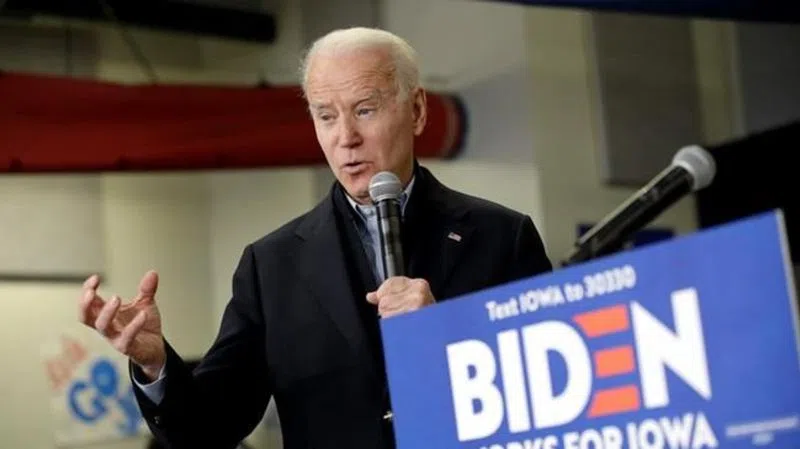
Sanders’ Social Security ‘adjustments’ undercut Biden attack
DES MOINES, Iowa — As a congressman in the 1990s, Bernie Sanders expressed an openness to making “adjustments” to the tax and benefit structure of Social Security. He also praised an overhaul of the social safety net program signed into law by President Ronald Reagan that reduced benefits and increased taxes on working families.
Sanders’ presidential campaign and allies have highlighted similar remarks by Joe Biden to attack the former vice-president and make the explosive charge that Biden was an outspoken proponent of slashing the program.
With Iowa’s first-in-the-nation presidential caucuses less than a week away, Sanders’ remarks from decades ago are surfacing as a counterpunch to the criticism of Biden, as the two top candidates in the Democratic race escalate a feud over the nation’s most popular entitlement, an issue that has particular reach among older voters.
Sanders, a democratic socialist, is a favourite of progressives who admire him for his convictions and consistency on issues. But when it comes to Social Security, it appears that wasn’t always the case.
